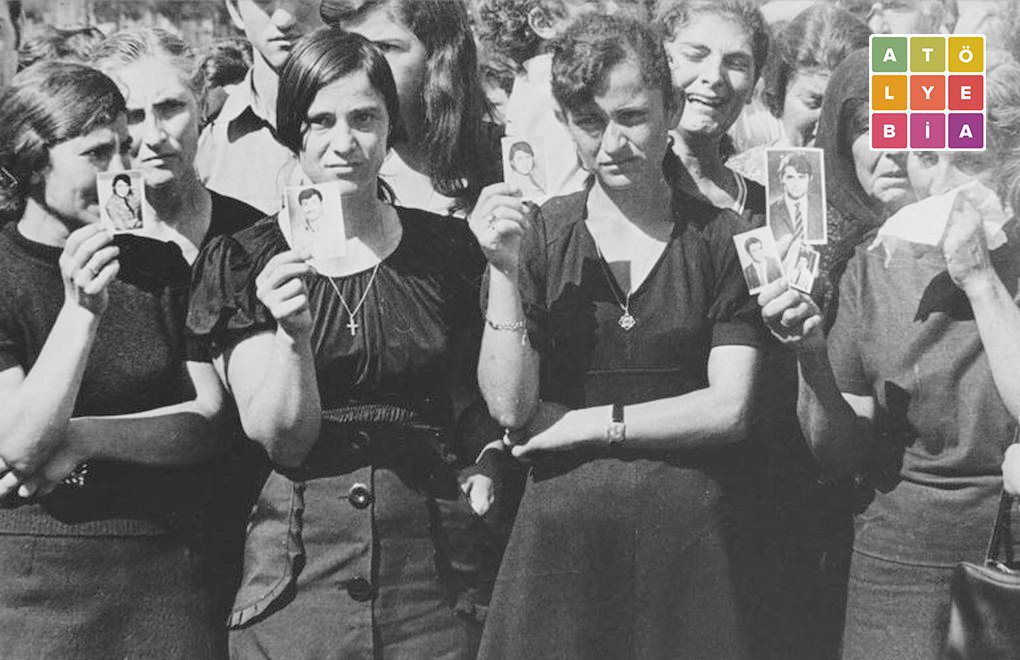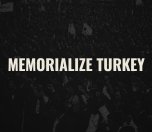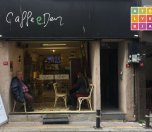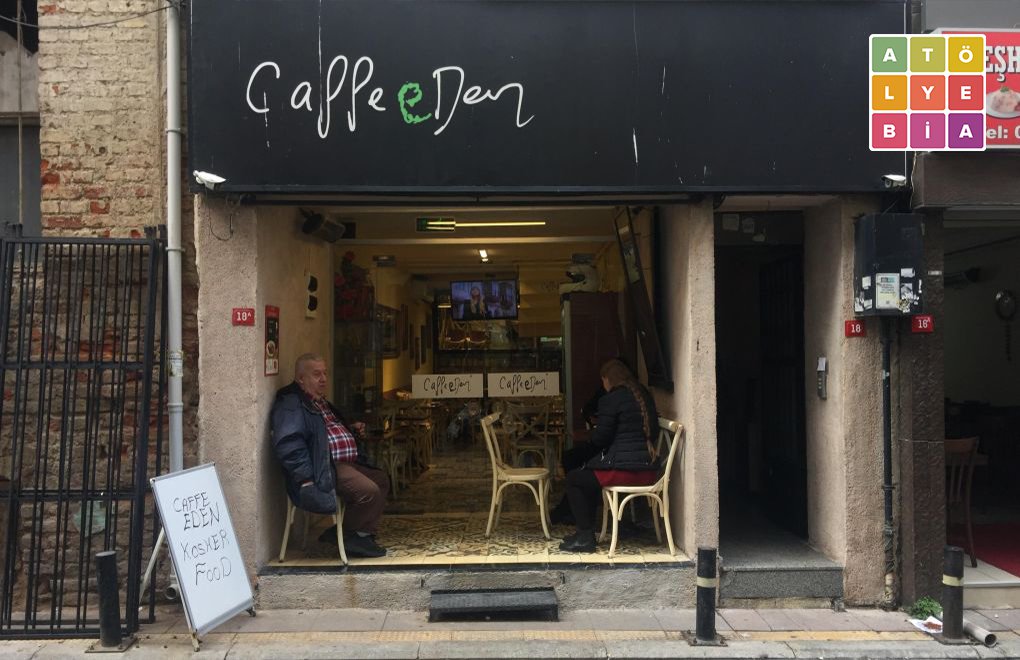* Photo: The families of enforced disappeared still search their loved ones...
Click to read the article in Turkish
When we hear the expression enforced disappearance, it is the Saturday Mothers/People who come to our minds first. However, there are also families in Cyprus looking for their enforced disappeared loved ones.
Truth Justice Memory Center, Human Rights Association (İHD) and Friedrich Ebert Stiftung İstanbul Office paid a working visit to Cyprus about the enforced disappeared in the period of conflicts.
Following this visit, a video and a travel journal entitled "A Divided Island | Working Visit: Cyprus, Nicosia" has been published.
In 2017, Özgür Sevgi Göral and Truth Justice and Memory Studies Association prepared a book entitled "Is There Hope for Truth?" (Hakikat İçin Umut Var mı?). One of the countries analyzed in the book is Cyprus. The conflicts between Turkish and Rum (Greek Cypriot) communities of the island date back to the 1960s. Several people from both sides of the border were disappeared in that process.
Kerem Çiftçioğlu from Truth Justice Memory Center has spoken to bianet about the works on the enforced disappeared, how the families of the disappeared on both sides of the border get organized and how the Republic of Turkey approaches the enforced disappeared.
'Families have the same expectation: To know the truth'
Çiftçioğlu says that the first joint expectation of the families is "to know the truth." It is a process that is hard to explain chronologically. Çiftçioğlu tells us the following about this process: "From several relatives of the disappeared, we first hear the sentence 'Let me know where his/her body is.' Then come the questions 'But, what happened to him/her?' and 'What will happen to the responsible parties now?'."
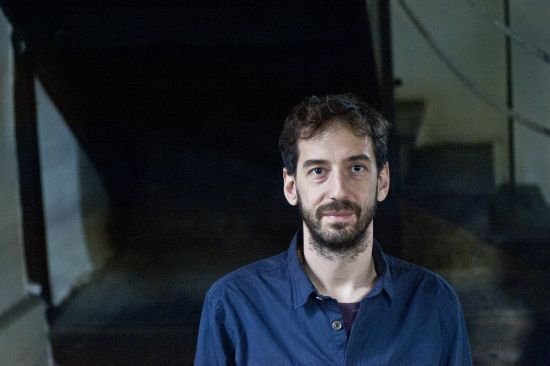
Most of the works to find the bodies of the disappeared in Cyprus are carried out by the Committee on Missing Persons (KŞK) under the auspices of United Nations (UN). Çiftçioğlu shares the following information about the operation of the committee as well as the criticisms about the issue:
"The bodies, the sites of burial are found by a professional team, but the curiosity of the families about how the incident occurred is left unanswered. The works are kept on a technical level. Silence is preferred as questions such as "How did it happen? Who did it? Who are the perpetrators?" will lead to a responsibility of punishing the perpetrators and how it will be done."
'They have a motive of keeping it confidential'
Solely oriented to find the bodies of the enforced disappeared, KŞK's motives are explained by Çiftçioğlu in following words: "Accountability is not one of the missions of this institution. In fact, on the contrary, it has a motive of keeping it confidential to a considerable extent. The main condition put forward by governments from both sides to support the excavation works is probably an absence of a debate on their own responsibility.
'Both sides are unaware of each other's losses'
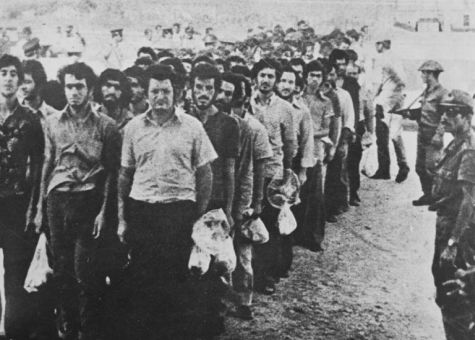
* Cypriot Greek captives transferred to Turkey in 1974. Some people on this picture were listed as "missing" (Lobby for Cyprus)
When we ask, "Then, what is the attitude of the governments on the island towards the disappearances?", we receive the following answer:
"The enforced disappearances are admitted by the state on the Rum side. However, the discourse adopted by the state is that only the Rum community was subjected to it. Rum people are surprised when they hear that there are also enforced disappeared people from the Turks, because it is in conflict with the official discourse of the state. Similarly, the ones on the Turkish side also do not now that Rums were disappeared as well. Moreover, the disappeared people have been called 'martyrs' for a really long time now."
The organization bringing families together: Together We Can
It was in 2003, when people started to cross to the other side, that the Turkish and Rum families of the disappeared came to know each other. Çiftçioğlu explains the families' process of organization as follows:
"We see that as of 2005, families from both sides started to get organized under the roof of Together We Can. Journalist Sevgül Uludağ played a major role in that regard. For instance, when she is to make a speech on the southern side, she definitely has the relative of an enforced disappeared person from the north with her. It is really important that she constantly brings up this issue on her newspaper and calls on people to share information about the sites of burial. While there were just a few people in the beginning, relatives of the disappeared from both sides come together upon Uludağ's call and empower the movement."
Emphasizing that the Republic of Turkey "involves in the issue by supporting the works of KŞK in silence", Çiftçioğlu says, "Over the past 10 years, a more cooperative attitude has been developed in terms of excavations in military zones. However, they are also silent about the responsibility."
Two sides of disappearances in Turkey: State and ethnic minority
The years-long struggle of Saturday Mothers/People and the one in Cyprus are different from each other. Çiftçioğlu comments on it as follows:
"In Cyprus, there is a struggle by the relatives of the disappeared from two societies. In the works there, it is especially paid utmost care that the relatives from both sides are together. As for Turkey, we cannot talk about such two sides there. While one side of the conflict represents the state, the other side represents an ethnic minority. It is not possible in Turkey to bring the sides together due to this majority-minority issue."
These differences are also reflected in the results gained by the struggles in Turkey and Cyprus. Indicating that Cyprus is a small place, which has a positive impact, Çiftçioğlu says, "It becomes harder to deny the problem. In Turkey, it is much easier to ignore it. For these reasons, in Cyprus, the legitimacy, awareness and acceptability of this issue is higher."
Though the efforts to find the enforced disappeared are higher in number and internationally institutionalized in Cyprus, the relatives of the disappeared are faced with silence when it comes to the question "Who are the perpetrators?". (TÖ/SO/SD)





